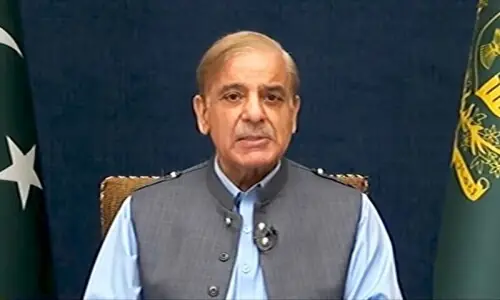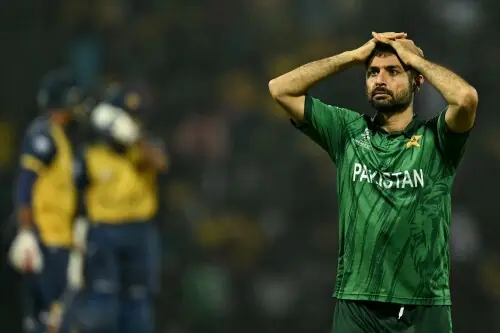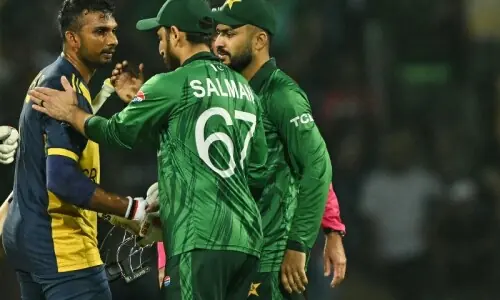AMIDST the fog of war, the truth is often lost as propaganda is trotted out by the belligerents to confuse and demoralise their opponent. Indeed, ‘information warfare’ is an area that many modern militaries have become skilled in. It is only later that the truth is salvaged, and what emerges can be sobering. Following the Pulwama episode, which brought Pakistan and India to the brink of war not too long ago, jingoism and war hysteria were at their peak on both sides, with the Indian media playing a particularly vitriolic role in drumming up support for war. However, as a report in the American publication Foreign Policy has lately revealed, the Indians’ claim that their military had shot down a Pakistani F-16 fighter jet during the crisis has turned out to be fictitious. Basing this claim on sources within the US defence establishment, the publication has said that all of Pakistan’s F-16s were “present and accounted for”. This admission should be sobering for the ultranationalist hawks in the Indian establishment as well as elements within the Indian media. It shows jingoism and war hysteria cannot always cover up the facts, which often emerge sooner or later.
Perhaps the lesson to be learnt from the whole post-Pulwama crisis in general, and the tale of the F-16 in particular, is that when disinformation is spread and promoted in such a toxic manner, it feeds into the larger narrative and ends up vitiating the atmosphere. This can have grave consequences, such as dragging two nuclear-armed states close to war. Moreover, when disinformation becomes the norm, even after the crisis abates, the road towards normalisation is all the more difficult. The war clouds may have dissipated over South Asia for the moment, but the mistrust between India and Pakistan currently is at extremely high levels. Chances of bilateral dialogue are quite slim, while even progress on the Kartarpur Corridor project has stalled. Perhaps matters may normalise once the Indian elections have been held. But the current atmosphere of mistrust created by disinformation and demonisation remains a major obstacle in the path of normal ties, and is likely to persist for some time. Perhaps that is why, in the interest of peace in South Asia, it is essential that both establishments deal with regional crises in a constructive and statesmen-like manner, instead of letting untruths and half-truths poison the narrative.
Published in Dawn, April 7th, 2019





























